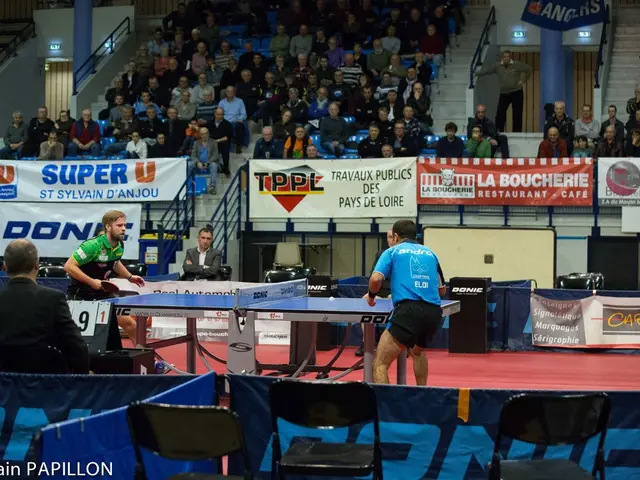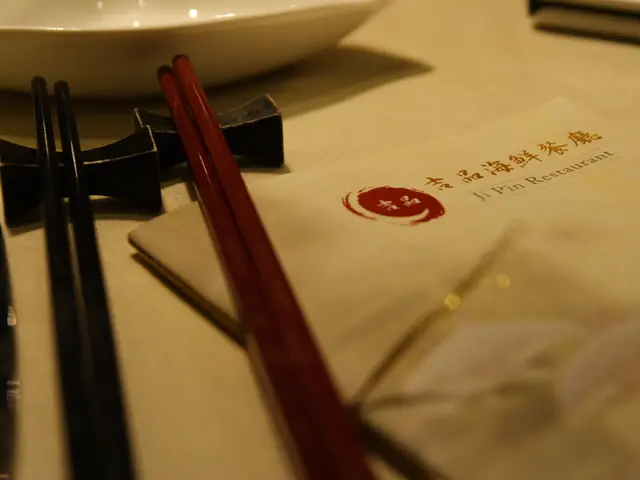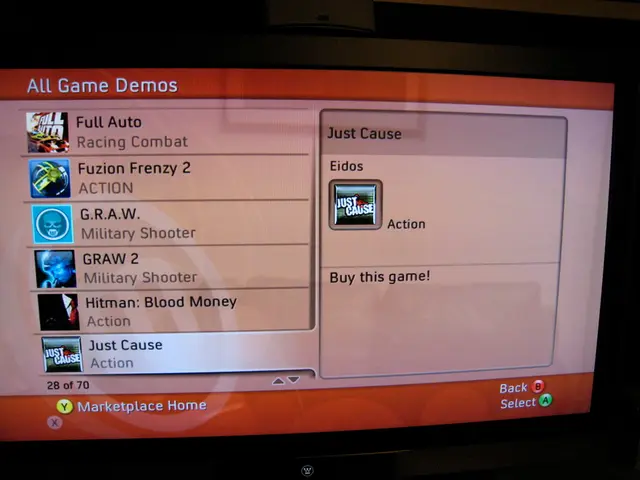Accelerating Poker's Strict Regime: The Secret to an Invincible Gambler
In the high-stakes world of poker, discipline is a crucial ingredient for long-term success. By developing a structured routine, practicing strategic game management, and committing to continuous learning, players can build the mental resilience and consistency needed to excel.
Establish a Disciplined Routine
Treat poker like a business by setting regular play hours, including scheduled breaks and study time. This routine helps to avoid burnout and ensures consistent focus during tournaments.
Practice Proper Bankroll and Risk Management
Maintain financial stability over time by setting strict limits on losses and avoiding playing stakes beyond your bankroll. During play, avoid impulsive or emotionally driven decisions such as overplaying weak hands or chasing bad draws.
Develop Strong Positional and Hand Selection Awareness
Play tighter in early position and widen your range responsibly in later positions, focusing on premium hands and adjusting based on stack size. This minimization of risky marginal plays helps maintain discipline and preserve chips for crucial moments.
Master Key Strategic Skills
Learn push/fold tactics for short stack situations, adapt your play style to opponents' tendencies, and manage chip stacks carefully through each tournament phase.
Use Poker Tools and Analyze Your Play Regularly
Utilize software for hand history review, statistics tracking, and equity calculations to identify and correct leaks in your game. Continuous self-review reinforces disciplined decision-making.
Engage with the Poker Community and Pros
Watch professional players to observe disciplined strategies and join forums or study groups to discuss hands and refine your approach.
Cultivate Emotional Resilience
Practicing mindfulness and emotional control can enhance your emotional resilience, leading to sensible choices at the poker table. Deep breathing, mindfulness practices, and even quick meditation before a session can help with emotional control.
Remember, Discipline Beats Talent
Long sessions in poker can be a challenge, and even disciplined players may face difficulties. Taking brief pauses to regroup can help to maintain discipline. Discipline beats talent in poker, as evidenced by the history of the game where many players with great natural ability failed due to lack of self-control, while grinders with little skills created amazing careers by using unyielding self-discipline.
Keep a Poker Journal
Keeping a poker journal can document feelings, errors, and changes, creating a feedback loop for development and forcing honest self-evaluation. This practice can provide valuable insights into your game and help you to make continuous improvements.
Maintain Perspective
Even the best players experience losses. Variance is a part of the game, and one session should not define a player's skill or self-worth. After losing a large hand, reminding oneself that poker is a long-term game and focusing on making the best choices going forward can help maintain discipline.
Set Clear Rules and Stick to Them
Setting clear rules and sticking to them is a key way to build poker discipline, as discipline begins even before the first hand is dealt.
By combining these strategies, you build the mental resilience and consistency essential for long-term success in high-stakes tournaments.
Incorporating poker games like Texas Hold'em, Omaha, and other casino-games within this structured casino-and-gambling environment, one should consistently practice management of their bankroll and risks, seeing that they avoid impulsive decisions and maintain financial stability over time. To further enhance their proficiency, players must become adept at mastering strategic skills such as key hand selection, positional awareness, and understanding push/fold tactics for short stack situations. This combination of skill, emotional control, and discipline is illustrated in the saying, "Discipline beats talent."








